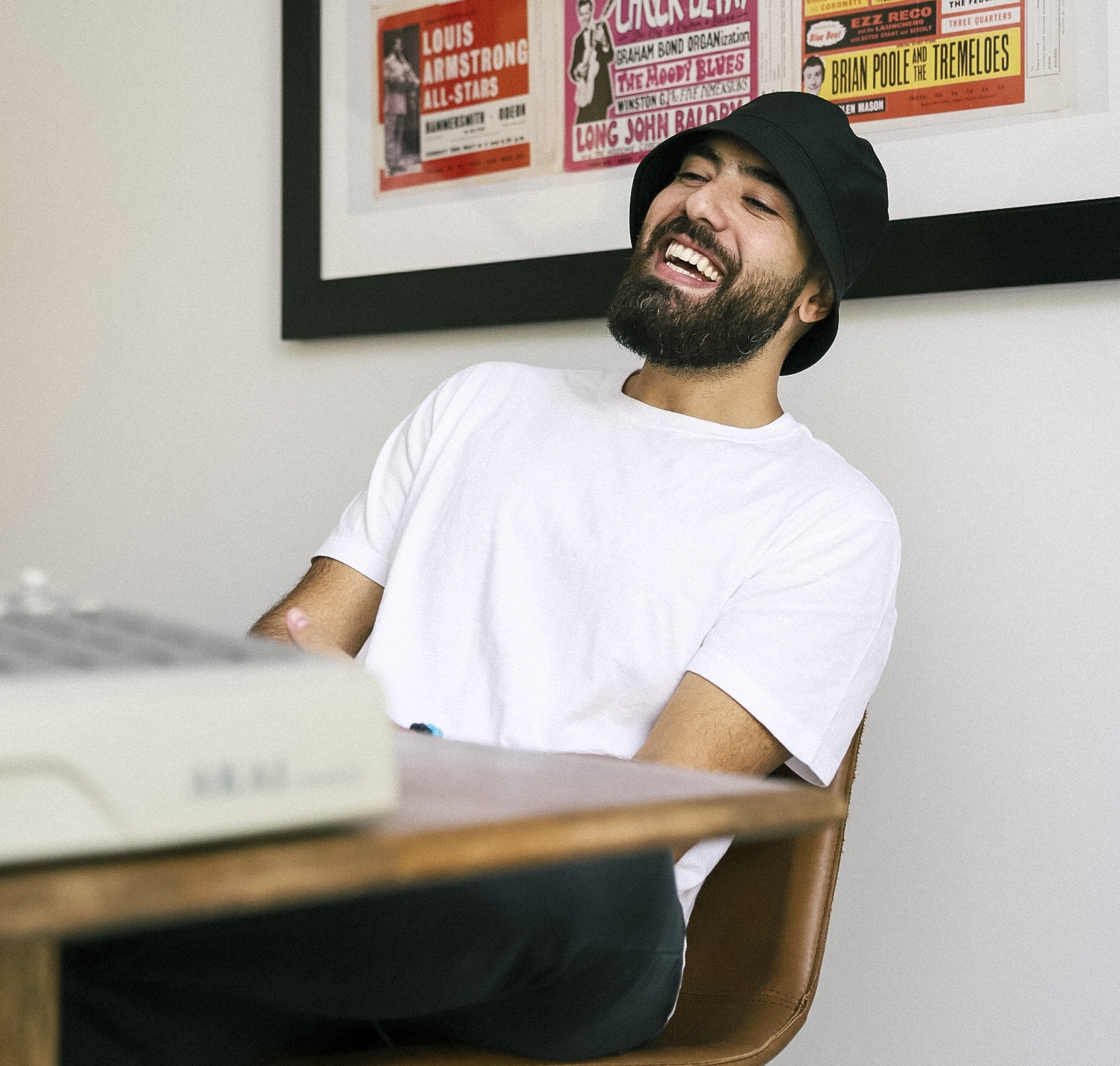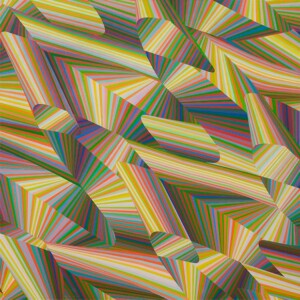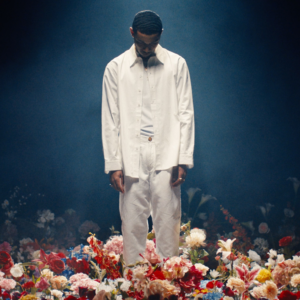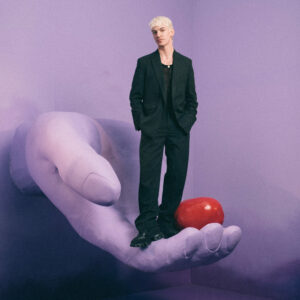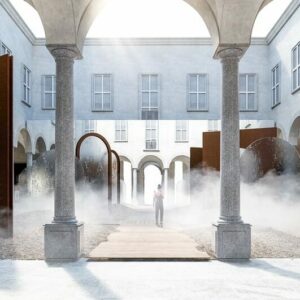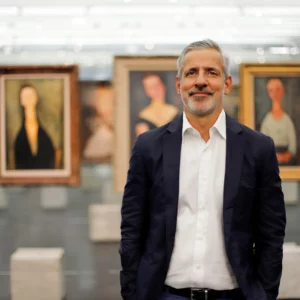As one of the co-founders of Brij Entertainment, Saud Alturki is at the forefront of the cultural revolution in Saudi Arabia. Having plied his trade as a producer in Los Angeles, he’s now back in Saudi Arabia, where he’s made it his mission to help build the music scene. From running a label and making his own music, to hosting sold-out events and educating the next generation of Arab artists about the global music business – YUNG discussed it all with the man in the know.
Nasri Atallah: Where are you at the moment?
Saud Alturki: I’m in Riyadh actually. I moved here about 6 months ago. Seeing the change, it got me super excited. I was based in Khobar but I felt that everything that’s happening is out here. There’s a great energy in the city.
What do you feel is creating that energy? Do you think it’s big events like MDLBEAST or is it a daily thing?
That’s definitely part of it. You finally feel like an infrastructure is being built for music, arts. The government support, the youth, the people. It’s a crucial time. And I felt it was a crucial time for our company Brij Entertainment to be part of this. To plant our flag.
For someone who doesn’t know, can you introduce what Brij is?
It’s an entertainment company that focuses on production and promotion around music. It’s solely music. Brij operates across three vehicles. Brij Recordings, that’s the music. Brij Nights, that’s the events that we create. And Brij Studios is what’s being built at the moment. Studios we’re trying to figure out a smart way to do it. Studios aren’t moneymakers, as you know.
They’re more community-builders, right?
CSR [Corporate Social Responsibility] programs! [he laughs] At the end of the day, we realised everyone’s working from home. You don’t really need a big, fancy studio. People don’t need it for the equipment, they need it for the community.
And the label part?
The label part is still based in Los Angeles. It started there as a tool to drop my music and look more legitimate as an artist. Then it became more serious, and I registered an LLC and hired a legal team. It became a bigger thing. Then I realised what my purpose was through the name, Brij, which came spontaneously. I wanted to bridge cultures through music, through the sound, the samples, the collaborations. So now it’s more of an obligation than just a label.
I was going to ask about that. I saw recently that you posted about Brijucation, your education program. So it does feel mission-driven beyond the music. I know that you wish you’d learned about the business side of the industry earlier.
One-hundred per cent. For me, I feel like that’s what we’re shifting towards. I want artists in the region to be aware. Because all the major labels are coming, they’re starting to approach artists. I feel like it’s our responsibility, if we have a little knowledge, to share it. We need to support these young artists. Learning the music is cool and crucial. But learning the music business is what a lot of people don’t know about, then they get hurt sometimes. It’s a business. Right now we’re teaching people about the terminology of the industry. Like ‘What’s a master?,’ ‘What’s a recording?’ And we’re doing that in collaboration with the legal team we have in Los Angeles.
Things are changing at a crazy pace. What do you think is still missing?
There’s a lot missing. But like you said, we’re moving at an extremely fast pace. But at least we’re moving. When I started making music there was no pace. There was nothing. I had to go to the States to realise that we had no scene back home. Now there’s support. You have the Ministry of Culture. Something called the Music Commission. That makes me so excited and so proud. So you have this realisation that music is a very important part of the vision, to export the culture. You have the General Entertainment Authority and you have MDLBEAST. So you have three different entities that are working on creating infrastructure for music, which is a beautiful thing. I’m extremely happy.
You tend to work across genres with your production. What genre is doing best in Saudi at the moment?
You know spaces like MDLBEAST, we felt they were more towards electronic music. But we realised that’s just the music they love, but they’re inclusive. So they bring everyone in. When they did their night activations, they gave us a warehouse. Warehouse 5. We curated three nights. I’ve never seen anything like it growing up here. It was a full house three nights in a row. Every night was bigger than the previous. I felt we made history.
And that’s organic right? The amount of people who showed up. Has to be word of mouth. You can’t buy that kind of excitement.
Exactly! That’s love. We were playing old-school hip hop. We were playing nothing electronic. We wanted to be extremely different from everything there. And seeing local DJs playing in front of a hometown crowd, with a line outside of people waiting to get in. That was special.
Do you ever feel like the artist in you gets lost in the mix when you’re doing all these projects or is there that hip-hop mogul ethos in you – the more projects the better?
[he laughs] I mean for me I look at the bigger picture. It’s about putting artists from here on the map. If one artist wins, we all win. If an artist from here gets a Grammy, it’s a win for all of us. Then we get the love and attention we deserve. And I don’t think that’s far. For example Hajjaj, my partner in Brij Entertainment, he’s not too far. When I was looking at Coachella I keep thinking ‘Man, Hajjaj would kill it out there!’ I’m not biased. I mean maybe I’m biased. But I really think that. There’s an incredible amount of talent here that could be global. And people are starting to recognise that.
Photography: Kinzy Al Saheal
